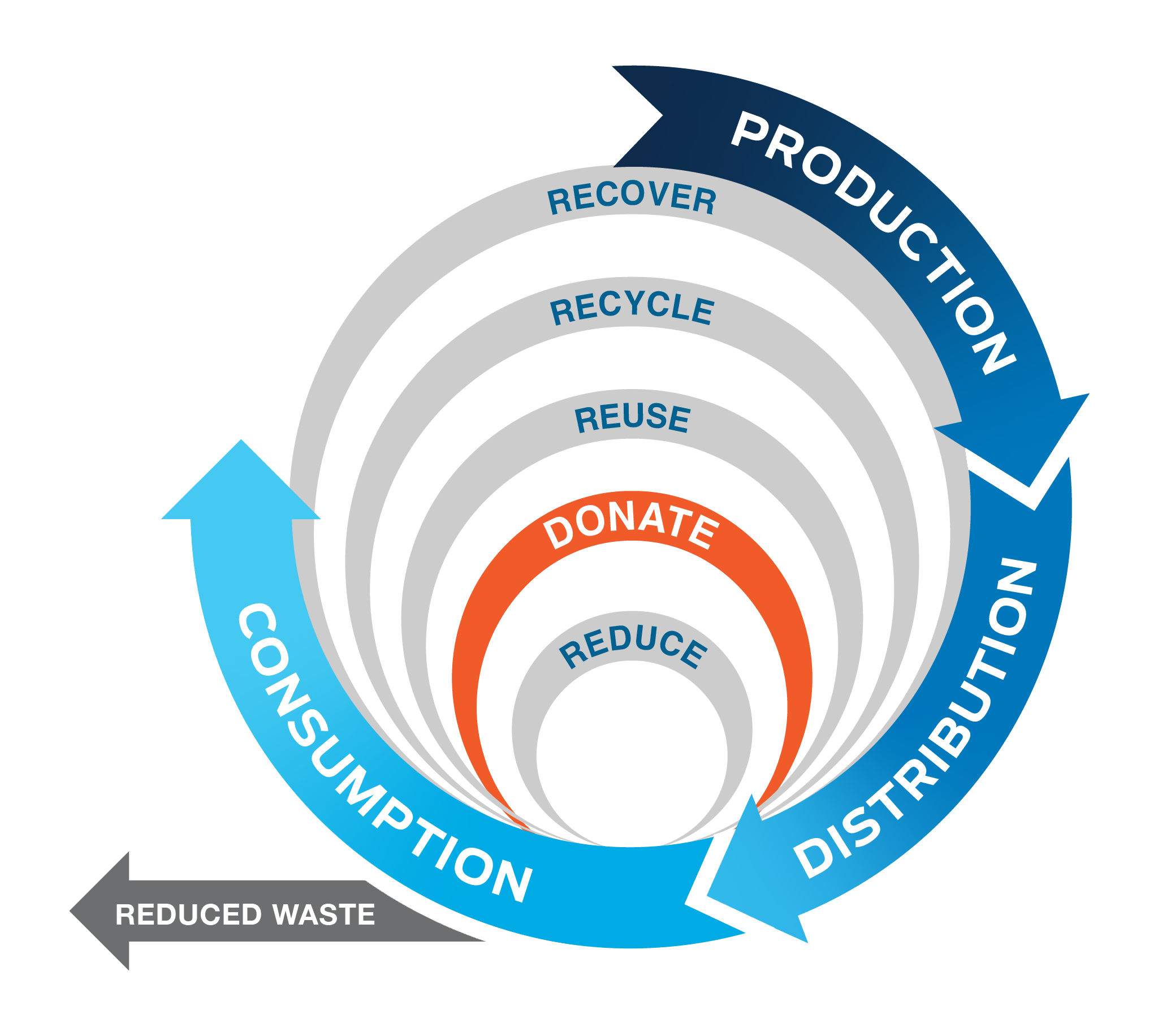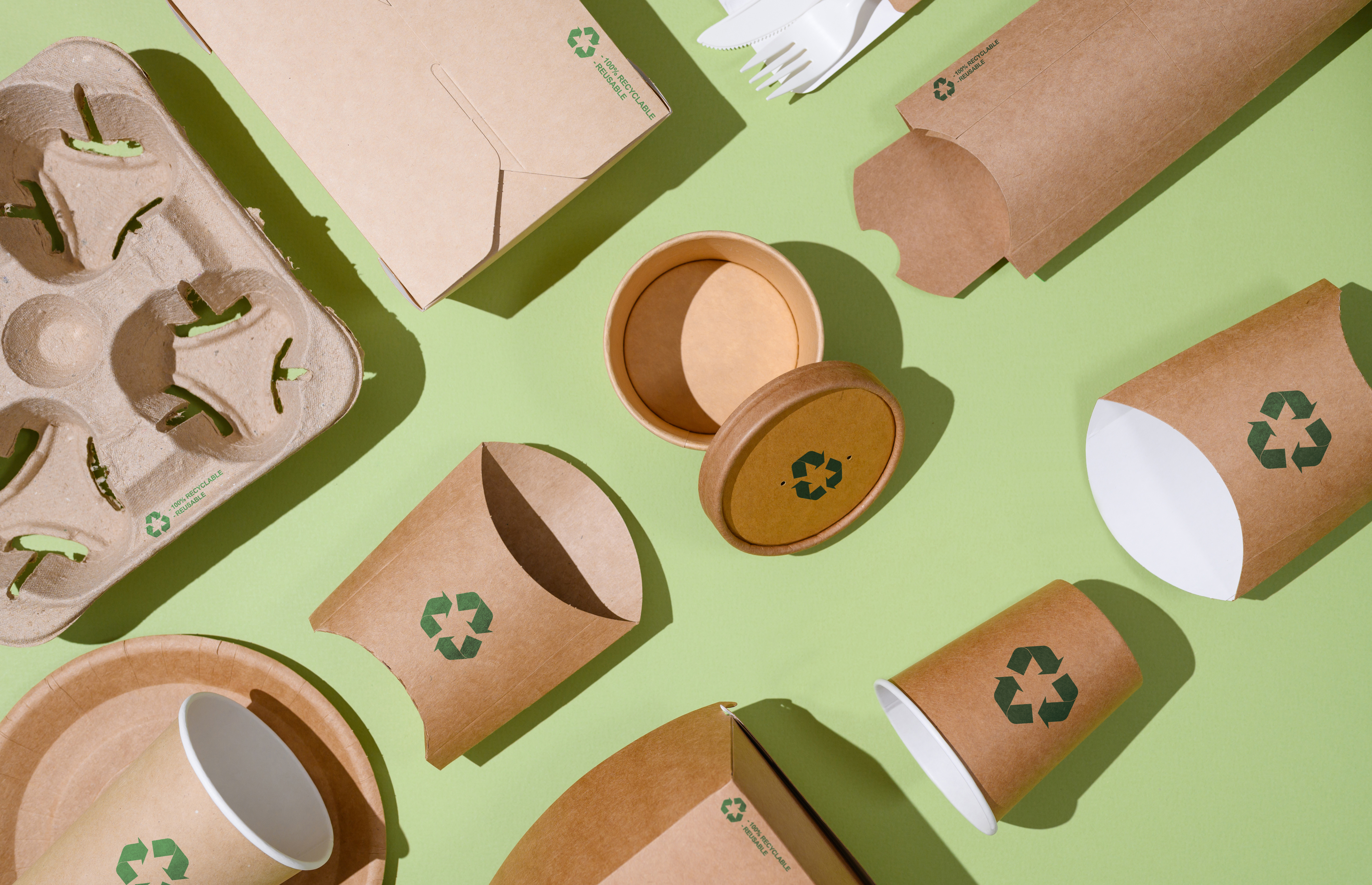Going Green in Reverse Logistics
By Travis Laws, WIN Warehouse
The future is circular
It’s no secret — the world has a waste problem. From news articles about the plastic island in the ocean to the issues of groundwater contamination, air pollution, and endangering local wildlife, people are concerned about the waste we’re collectively generating. And for good reason.
Environmentalists and economists alike continue to push for us, as a society, to leave behind our current consumption model and move toward a circular economy. By integrating strategies such as recycling, reuse, and remanufacturing, every stage of the linear production process is reimagined in order to preserve resources and lengthen their lifespan. It’s a simple enough concept that is gaining popularity with national media and thus, consumers.
Every business has a stake in the effort to be more environmentally conscious, but the logistics industry is at the forefront of the conversation. In 2022, there were 268 million online shoppers in the United States. This number is projected to increase to almost 285 million online shoppers by 2025. Getting goods to, and back from, consumers takes a significant amount of energy and has historically generated a large amount of waste in the process. Stacks of empty shipping boxes make for eye-catching thumbnails in articles written on the subject and, in many ways, logistics is under the microscope as people evaluate how to create greener processes.
Consumers are voting with their wallets
Over the past five years, there has been a 71% rise in online searches for sustainable goods globally. Just last year, a study was done that showed 65% of consumers actively try to buy goods that are packaged more sustainably. A notable 33% said they were willing to pay premium prices for sustainable products. We are in the middle of a radical shift in consumer priorities and companies that want to capitalize on it need to act now. We are in a market now where sustainable business practices are quite literally a competitive advantage. In ten years, they may simply be table stakes. If this is the way consumers are leaning, smart businesses need to figure out their tactics now to make the most of the moment.
Of course, having greener products is only one side of the coin. The other is how your company chooses to handle shipping – and inevitably — returns. On average, 30% of all items bought online are returned, with that number much higher in certain industries. People want to work with environmentally conscious companies, and having a green reverse logistics strategy is a key part of that initiative.
Use a reverse logistics partner to help the planet — and your bottom line.
A reverse logistics partner can help your business save money, reduce your impact on the environment, and free up the time of key personnel.
Reduce your energy consumption
When things are returned they get refurbished, repackaged, and redistributed. Every stage of getting a return back to the market costs resources. However, the primary resource being used is fuel. Semi trucks and delivery trucks aren’t very fuel efficient. The trips from the factory to the consumer, back to the factory as a return, and then back to the market as a refurb generate a significant amount of emissions and cost quite a bit in terms of fuel usage. A 3PL partner can optimize their inventory storage and delivery, combining multiple clients together to ensure that every trip is at maximum capacity and, therefore, efficient.
In some cases, having a reverse logistics partner can keep products in use that otherwise might end up in the costly limbo of storage. At WIN Warehouse, we take donated materials from corporate sponsors and make those donations available to nonprofits at a fraction of the retail value. By keeping an existing item in use, we eliminate the need for a whole new round of costly production. This, along with the aforementioned waste reduction, makes for an excellent story to tell both shareholders and customers — your business has a multi-pronged strategy to reduce your environmental footprint.
Reduce your waste
The unfortunate reality is that there are landfills all over the country that are littered with perfectly good items that someone wanted to return. Depending on the price and a few other market factors, it’s sometimes more economical for businesses to simply trash returns or have their customers keep them. To no one’s surprise, customers don’t often keep things they are trying to return, even if it is free, and these items are almost always thrown away.
A good reverse logistics partner can prolong the life of these items, keeping them in use and out of the garbage heap. Depending on the size of your organization, a returns partner can prevent literal tons of waste from hitting landfills each and every year.
Donation as a reverse logistics strategy
In addition to for-profit reverse logistics organizations, there are also nonprofits that will allow you to donate returns. In these cases, your returns are sent directly to the nonprofit, which means you are now able to claim those donations on your taxes. This solves all of the same environmental problems that a traditional reverse logistics partner would with the added benefit of a lower taxable income. Often, this is a much more revenue-friendly way of handling returns than dealing with the cost of reselling or trying to recoup losses through a liquidator.

Smart organizations also know how to leverage the social benefit of this strategy to position themselves as a socially responsible organization. Obviously, it’s good to help others just for the sake of it. However, just as people want to work alongside businesses with sustainable business practices, they also want to work with socially responsible organizations. According to Markstein and Certus Insights, 70% of consumers want to know how the brands they support are addressing social and environmental issues, and 46% pay close attention to these efforts when making purchase decisions. Environmental and social considerations go hand-in-hand when it comes to creating a business that is about doing good in the world, not just generating revenue.
Your goods can do great things
WIN Warehouse is a reverse logistics organization that falls firmly in the nonprofit category. We partner with businesses of all sizes to accept excess inventory and returns directly. By working with us you are effortlessly lessening the environmental impact of your business, saving your company money, and — in a very real way — helping change the world. All of our members are nonprofits who are doing amazing work in their communities and throughout the globe. The less they spend on supplies, the more they get to spend on their mission.
Become more sustainable, responsible, and profitable
“Going green” is no longer just an option for businesses, it is a demand that is being placed on them by the market. It is on today’s leaders to find creative, sustainable ways to reduce their company’s environmental impact while protecting profitability and keeping their organization on a path to growth. Finding a capable reverse logistics partner won’t solve that problem on its own, but, if done correctly, can be a huge step in the right direction.

 Travis Laws
Travis LawsTravis lives in St. Louis County with his wife and has been a part of WIN since 2002, starting as the executive vice president coordinating distribution efforts and managing WIN’s website. Travis now oversees all operations as the organization’s president. When he’s not working his magic at WIN Warehouse, he serves on numerous fundraising and event committees in the church and the community. He is currently an active member of the Shriners, where he enjoys raising money and awareness for Shriners Hospital for Children as a member of the clown troupe.
Want to partner with WIN Warehouse?
To best serve you, we’ve created a place on our site specifically for reverse logistics professionals. To learn more, visit http://reverselogisticsforgood.com/.